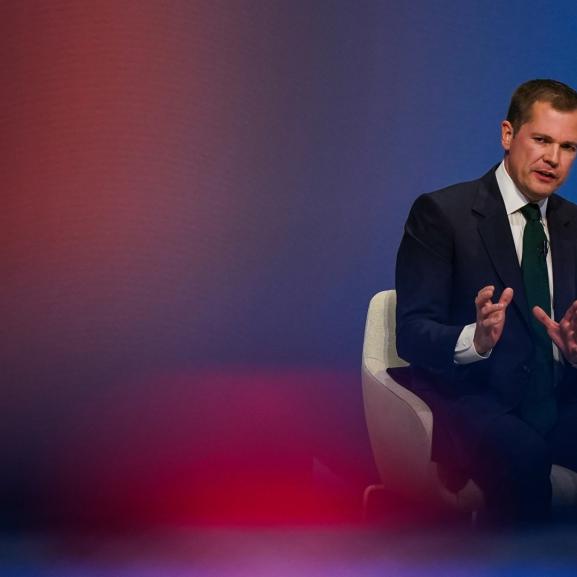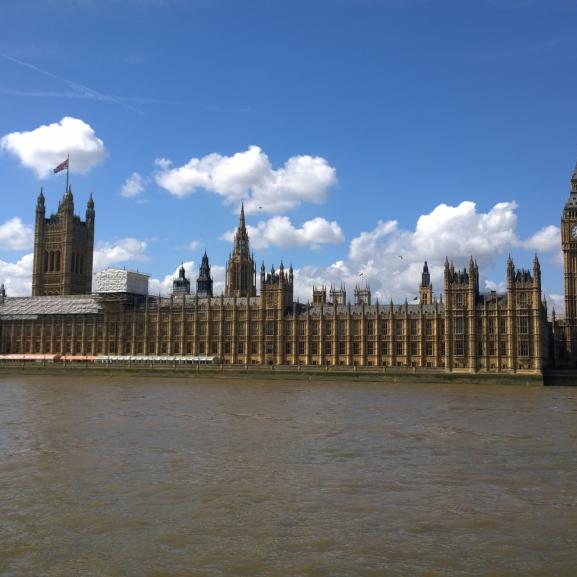Safeguard Detainees Held by UK Forces Abroad
The Medical Foundation for the Care of Victims of Torture is calling on the UK Government to allow access by the European Committee for the Prevention of Torture to detainees held by British forces abroad, particularly those in Iraq, to check on the way they are treated.
The Committee upholds the enforcement of the European Convention for the Prevention of Torture and Inhuman or Degrading Treatment or Punishment (ECPT), with spot checks on places of detention among Council of Europe members.
Given the fact that British military police are now investigating some six deaths in custody and a further 69 cases of injury or alleged ill treatment by UK forces in Iraq more than twice the number revealed to MPs last month by armed forces minister Adam Ingram the Medical Foundation says that it is essential that steps are taken to safeguard the rights of detainees in Iraq.
Medical Foundation director of public affairs Sherman Carroll said: " We believe that the Committee of the ECPT is the best way to give transparency to the UK Government's expressed intention to provide those safeguards for detainees held by its armed forces.
"We are aware that the United Kingdom has entered a declaration in respect of the territorial application of the ECPT, with the result that at present, the Convention may not provide for inspection visits by representatives of the Committee to overseas detention facilities administered by the UK. Only the UK and The Netherlands, among the 45 Member States of the Council of Europe, have made declarations that deny extraterritorial effect of the ECPT to areas or facilities within their control.
"The easiest and most straightforward way for the Government to allow this to happen would be to withdraw generally (or waive specifically with regard to Iraq) its declaration denying access by the Committee to UK detention facilities abroad.
"Given the concern over the alleged ill-treatment of those detained in facilities in Iraq, we urge the Government to reconsider this restrictive declaration, and grant Committee representatives unimpeded access to these detention centres as soon as reasonably practicable."
Government officials have rightly drawn attention to the role of the International Committee of the Red Cross in safeguarding detainees against abuse. However, as has become all too clear in the past month, visits by ICRC delegates to Iraqi detention centres have not prevented serious abuses of detainees.
The working arrangements of the ICRC do not allow for the transparency provided by the ECPT and its investigating committee, as the ICRC does not make its findings public, while the ECPT's investigating committee does.
Mr Carroll added: "While it is not our intention to paint all Coalition forces, neither officers nor soldiers, with the same brush, we would nevertheless argue that, in view of the enormous worldwide publicity given to alleged human rights abuses by Coalition forces in Iraq, including torture, it would behove the UK Government to allow unannounced inspections by the ECPT Committee of British detention facilities in Iraq.
"Should the Government adopt this proposal, the primary intention of such visits would of course be to safeguard the detainees, but a secondary purpose would surely be to reassure public opinion worldwide, not least in Iraq, that the UK Government gives full effect to its commitments under international human rights law to protect detainees under its jurisdiction against torture and other forms of inhuman or degrading treatment or punishment."






